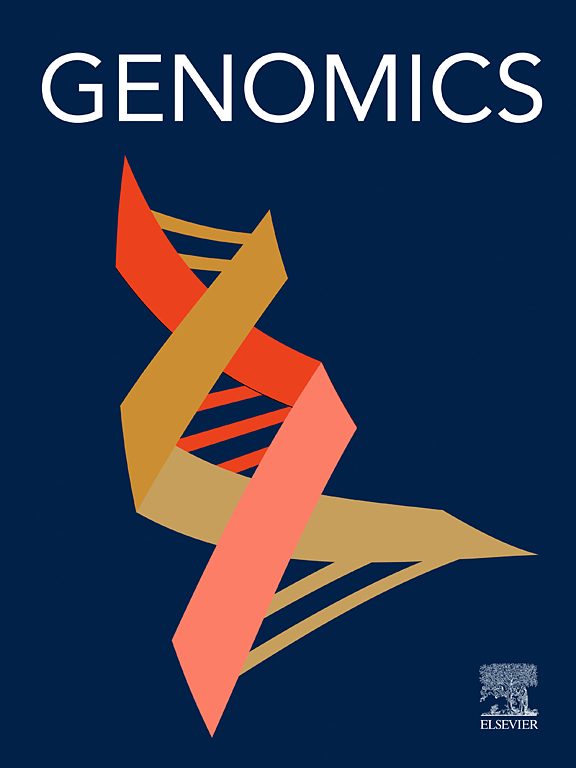Impairment of oocyte quality caused by gut microbiota dysbiosis in obesity
IF 3.4
2区 生物学
Q2 BIOTECHNOLOGY & APPLIED MICROBIOLOGY
引用次数: 0
Abstract
Obesity poses risks to oocyte maturation and embryonic development in mice and humans, linked to gut microbiota dysbiosis and altered host metabolomes. However, it is unclear whether symbiotic gut microbes have a pivotal role in oocyte quality. In mouse models of fecal microbiota transplantation, we demonstrated aberrant meiotic apparatus and impaired maternal mRNA in oocytes, which is coincident with the poor developmental competence of embryos. Using metabolomics profiling, we discovered that the cytosine and cytidine metabolism was disturbed, which could account for the fertility defects observed in the high-fat diet (HFD) recipient mice. Additionally, cytosine and cytidine are closely related with gut microbiota dysbiosis, which is accompanied by a notable reduction of abundance of Christensenellaceae R-7 group in the HFD mice. In summary, our findings provided evidence that modifying the gut microbiota may be of value in the treatment of infertile female individuals with obesity.
肥胖症患者肠道微生物群失调导致卵母细胞质量受损。
肥胖对小鼠和人类的卵母细胞成熟和胚胎发育构成风险,这与肠道微生物群失调和宿主代谢组改变有关。然而,目前还不清楚共生肠道微生物是否在卵母细胞质量中起着关键作用。在粪便微生物群移植的小鼠模型中,我们发现卵母细胞中的减数分裂装置异常和母体mRNA受损,这与胚胎发育能力低下不谋而合。通过代谢组学分析,我们发现胞嘧啶和胞苷酸代谢紊乱,这可能是高脂饮食(HFD)受体小鼠生育缺陷的原因。此外,胞嘧啶和胞苷与肠道微生物群失调密切相关,高脂饮食小鼠肠道微生物群失调伴随着克里斯滕森菌科 R-7 群丰度的显著降低。总之,我们的研究结果提供了证据,表明改变肠道微生物群可能对患有肥胖症的不育雌性个体有治疗价值。
本文章由计算机程序翻译,如有差异,请以英文原文为准。
求助全文
约1分钟内获得全文
求助全文
来源期刊

Genomics
生物-生物工程与应用微生物
CiteScore
9.60
自引率
2.30%
发文量
260
审稿时长
60 days
期刊介绍:
Genomics is a forum for describing the development of genome-scale technologies and their application to all areas of biological investigation.
As a journal that has evolved with the field that carries its name, Genomics focuses on the development and application of cutting-edge methods, addressing fundamental questions with potential interest to a wide audience. Our aim is to publish the highest quality research and to provide authors with rapid, fair and accurate review and publication of manuscripts falling within our scope.
 求助内容:
求助内容: 应助结果提醒方式:
应助结果提醒方式:


